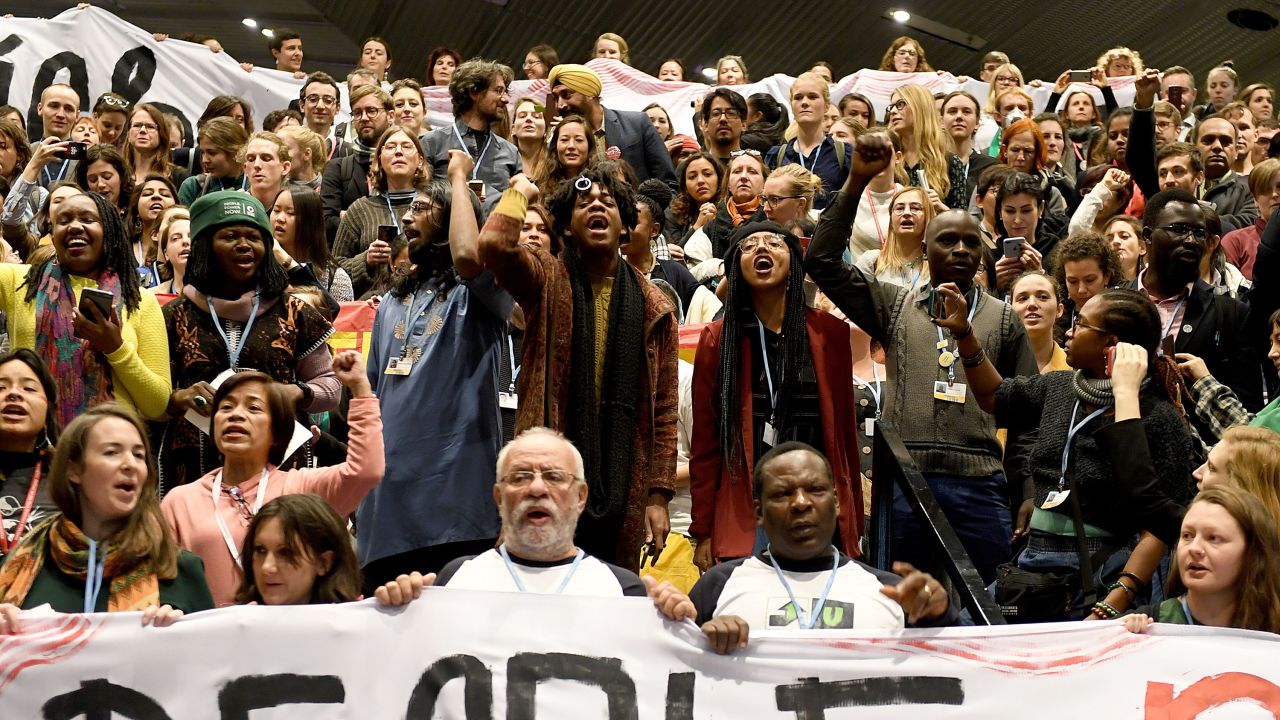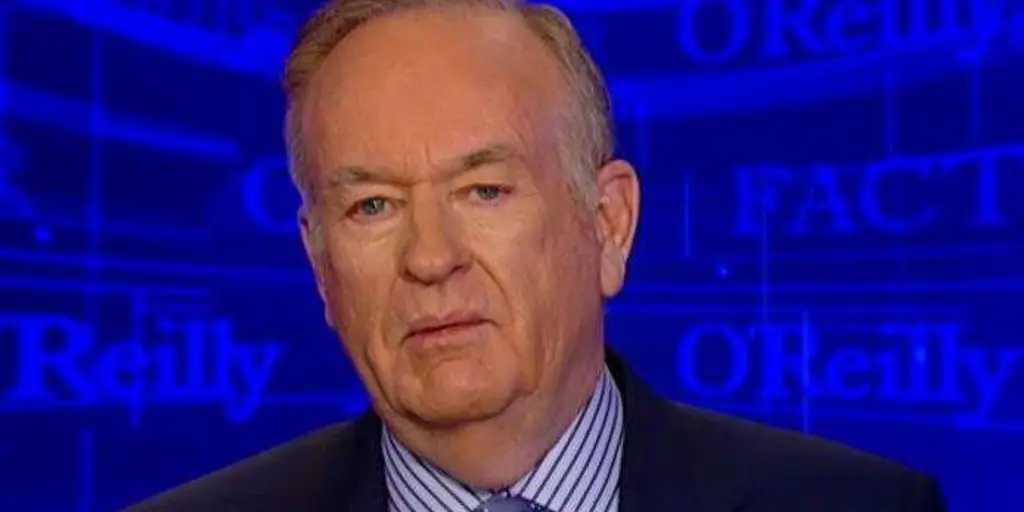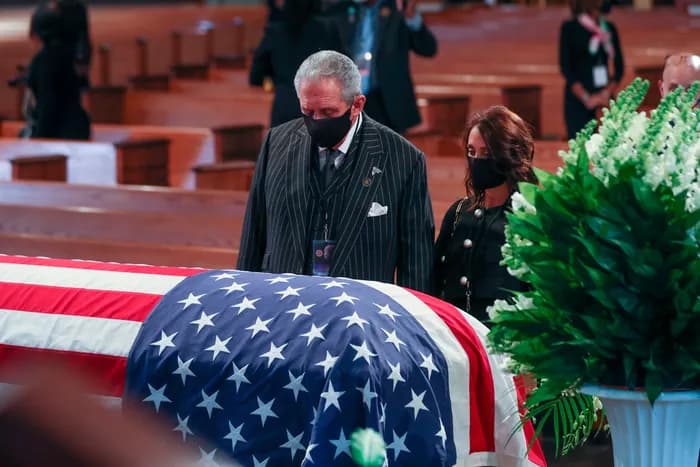Despite his passing, John Lewis remains a towering figure in the fight for social justice, inspiring a new generation of activists who are linking the struggle for racial equality with the urgent need for climate action. His life, marked by resilience and relentless advocacy, serves as a blueprint for those grappling with the intersections of race, environment, and policy.
John Lewis"s Fight for Justice
John Lewis was not just a civil rights leader; he was a beacon of hope. Born in Alabama in 1940, Lewis rose to prominence as a leader of the Student Nonviolent Coordinating Committee (SNCC), where he led protests that challenged the systemic racism embedded in American society. His advocacy for voting rights and against police brutality remains relevant today as marginalized communities continue to face oppression.
Linking Racial Justice and Climate Action
The environmental justice movement draws heavily from the legacy of leaders like Lewis, who understood that social justice cannot exist in isolation. As reported by the National Museum of African American History and Culture, Lewis fought tirelessly against racial discrimination, advocating for policies that uplift the poor and disenfranchised—groups that are disproportionately affected by climate change. His famous phrase, "good trouble, necessary trouble," resonates in the current climate activism landscape, calling for bold action against environmental degradation that harms Black and Brown communities.
\n\n
Live: COP24 2018 climate conference | CNN
The Ongoing Struggle for Voting Rights
Even as we honor Lewis"s legacy, voting rights remain under siege, with numerous states implementing restrictive measures that disproportionately impact people of color. The Britannica highlights Lewis"s pivotal role in the Selma to Montgomery marches, which were integral in the passage of the Voting Rights Act of 1965. Today, activists are echoing his calls for comprehensive voting rights reforms, recognizing that participation in democracy is crucial for achieving both social and environmental justice.
Lessons from Lewis for Today"s Activists
Lewis"s journey offers vital lessons for today"s activists, especially in the climate justice movement. He believed in the power of grassroots organizing and nonviolent protest, emphasizing that the fight for justice requires sustained effort and collective action. As Harvard"s Gazette reported, his life"s work compels us to not only challenge systems of oppression but also to envision a more equitable future.
\n\n
What happened at the congressional hearings? | Fox News Video
The Future of Climate Justice
As we grapple with the escalating climate crisis, the principles Lewis championed become increasingly urgent. Climate change is not just an environmental issue; it is a social justice issue that exacerbates existing inequalities. The fight for climate action must include dismantling the systems that perpetuate racial injustice and economic disparity. This is the legacy that Lewis has left us—a call to action that demands we confront the intertwining challenges of our time with courage and conviction.

![[Video] Iranian security forces injure woman in Mashhad; death toll exceeds 3,000](/_next/image?url=%2Fapi%2Fimage%2Fthumbnails%2Fthumbnail-1768338642591-z7mptn-thumbnail.jpg&w=3840&q=75)
![[Video] Federal agents drop tear gas canisters from moving vehicles in neighborhood](/_next/image?url=%2Fapi%2Fimage%2Fthumbnails%2Fthumbnail-1768336360849-hrwza-thumbnail.jpg&w=3840&q=75)
![[Video] Protesters surround federal agents at Target in Minneapolis](/_next/image?url=%2Fapi%2Fimage%2Fthumbnails%2Fthumbnail-1768331517834-1384td-thumbnail.jpg&w=3840&q=75)



![[Video] Gunfire between Iraqi security forces and Sadr militias in Baghdad](/_next/image?url=%2Fapi%2Fimage%2Fthumbnails%2Fthumbnail-1768343508874-4redb-thumbnail.jpg&w=3840&q=75)
